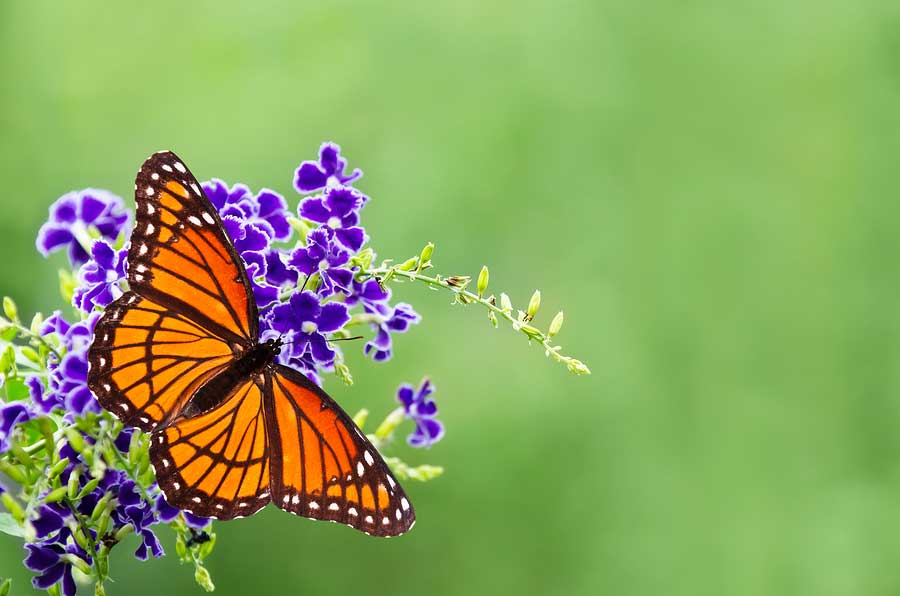UK – A new study revealed that six species of drought sensitive butterflies in the UK will be locally extinct by 2050, due to climate change. Scientists explained that the minimum expected levels of warming could significantly reduce populations.
Tom Oliver, lead author of the research published in the journal Nature Climate Change and ecologist at the Center of Ecology and Hydrology said, “What was surprising to me was that even in the most benign scenario, the drought effects are quite severe.”
Despite the serious concerns, scientists found that restoring connections between butterfly habitat could actually help restore some damages.

For the study, the British researchers observed the impact of an extreme drought occurred in 1995 on 28 different butterflies species. This was there most arid summer in the region since 1776. Of the 28 species, six populations decreased dramatically after the drought, including: green-veined white, ringlet, speckled wood, large skipper, large white, and small white butterflies.
Then they analyzed what may happen to the six creatures under increasing warming until the year 2100. The results showed that if emissions of carbon dioxide continue as they currently are, and warm climates become more extreme, the extinction of some of this species could begin in England by 2050.
Dr. Oliver explained the results by saying, “We looked at the extent to which populations crashed from the drought and how long it takes them to recover. What we’re asking is, as droughts become more frequent whether the return time of the drought was more frequent than the recovery of the butterflies. And when that was the case you’d get this gradual population erosion and in those places you’d get local extinctions.”
Additionally, scientists said that the areas of southeastern England could be the worst affected. They also argue that if humanity manages to reduce this extreme warming conditions, changes on butterfly habitats could definitely diminish impacts. Under a low emissions scenario, butterfly survival increases by 50%.
Further investigations should take place regarding this subject, as authors believe their study is actually conservative estimating the severe impacts that climate change may bring to ecology.
Source: Nature Climate Change
